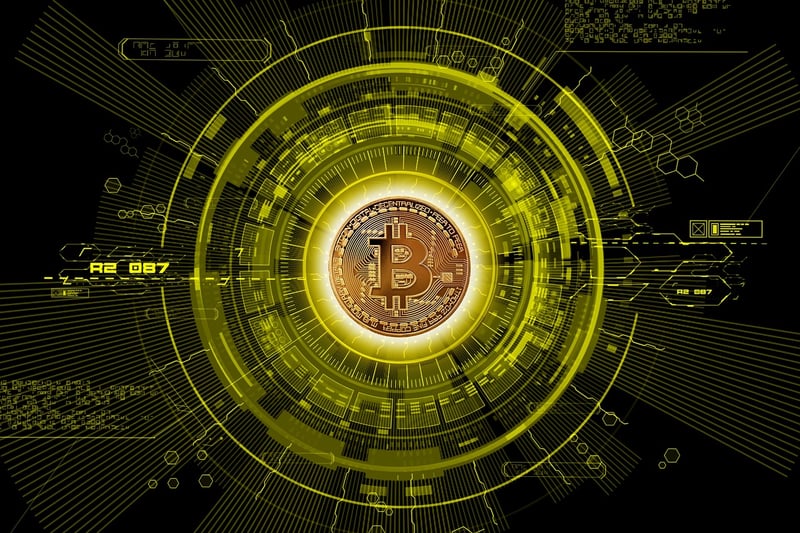Digital Assets Overview
The Basics of Cryptocurrency and Digital Assets
Welcome to our guide on cryptocurrency fundamentals and digital assets. Whether you're a beginner looking to understand the world of digital currencies or a seasoned investor exploring new opportunities, this article will provide you with essential knowledge to navigate this exciting landscape.
What is Cryptocurrency?
Cryptocurrency is a form of digital or virtual currency that uses cryptography for security. Unlike traditional currencies issued by governments (fiat currencies), cryptocurrencies operate on decentralized networks based on blockchain technology. Bitcoin, created in 2009, was the first decentralized cryptocurrency, and since then, thousands of alternative cryptocurrencies have been developed.
Key Concepts in Cryptocurrency
- Blockchain: A decentralized and distributed ledger technology that records all transactions across a network of computers.
- Wallets: Digital tools that store cryptocurrency keys and enable users to send, receive, and manage their digital assets.
- Mining: The process of validating transactions on a blockchain network through computational power, typically associated with earning rewards in the form of new coins.
- Exchange: Platforms where users can buy, sell, and trade cryptocurrencies with other assets or fiat currencies.
Digital Assets Overview
Digital assets are a broad category that encompasses various types of digital representations of value or ownership. While cryptocurrency is a subset of digital assets, other forms include digital tokens, digital securities, non-fungible tokens (NFTs), and more.
Types of Digital Assets
- Utility Tokens: Tokens that provide users with access to a product or service within a specific blockchain ecosystem.
- Security Tokens: Tokens that represent ownership in a real-world asset, such as equity in a company or rights to dividends.
- Non-Fungible Tokens (NFTs): Unique digital assets that represent ownership of a specific item, such as digital art, collectibles, or in-game assets.
Conclusion
Understanding the basics of cryptocurrency and digital assets is essential for anyone interested in participating in this rapidly evolving space. Whether you aim to invest, develop applications on blockchain networks, or explore innovative technologies, staying informed and educated will empower you to make informed decisions and seize opportunities in this dynamic market.
Explore further resources and continue learning about cryptocurrency and digital assets to unlock the full potential of this transformative technology.



